Pavitra Attanayake writes in Unscripted about the peer mentoring program she created in her department for her Pavlis honors project. More information on the program is available on the website she also created for the peer mentoring program.
(Reposted from Michigan Tech News)
In an effort to nurture a regional innovation ecosystem and move more discoveries from the research lab to the real world, the National Science Foundation (NSF) has established a Great Lakes Innovation Corps Hub and Michigan Technological University plays a key role.
The 11-university Hub is led by the University of Michigan (U-M), and it’s one of five Hubs across the country announced Aug. 26 as NSF continues to evolve the I-Corps program. Launched in 2011, the NSF Innovation Corps, or I-Corps, trains scientists and engineers to carry their promising ideas and technologies beyond the university and into the marketplace to benefit society.
In addition to Michigan Tech and U-M, the Great Lakes Hub includes Purdue University, the University of Illinois Urbana-Champaign, the University of Toledo, the University of Minnesota, Iowa State University, Missouri University of Science and Technology, the University of Akron, the University of Chicago, and the University of Wisconsin-Milwaukee.
The Impact of I-Corps
Each university in the Great Lakes Hub already has a successful I-Corps program. Michigan Tech has been part of the NSF I-Corps Site program since 2015. Over the past five years, Michigan Tech’s I-Corps Site has helped introduce the entrepreneurial mindset to over 300 researchers, faculty, staff, and students, and helped teams assess the commercial potential of nearly 150 technologies.
The Great Lakes I-Corps Hub aims to connect people at a large scale to increase the “effective density” of the Midwest’s innovation ecosystem. Mary Raber, Michigan Tech I-Corps principal investigator and chair of the Department of Engineering Fundamentals, said Michigan Tech researchers will be able to engage with the other members of the Hub and benefit from the extensive resources available throughout the Great Lakes region.
“Being invited to join the Great Lakes Hub is reflective of the success of Michigan Tech’s I-Corps Site program and the number of teams that have been selected to attend the National I-Corps program,” said Raber.
Other members of the Michigan Tech I-Corps team include Lisa Casper (Pavlis Honors College), Jim Baker (Office of the Vice President for Research), Michael Morley, and Nate Yenor (Office of Innovation and Commercialization), and Jonathan Leinonen (College of Business).
“The Great Lakes region is home to many of the world’s leading research institutions, and many of our nation’s critical industries. Our goal with this I-Corps Hub is to leverage this intellectual depth to create a lasting economic impact on the region,” said Alec D. Gallimore, the U-M Robert J. Vlasic Dean of Engineering, the Richard F. and Eleanor A. Towner Professor, an Arthur F. Thurnau Professor, and a professor of aerospace engineering.
“We’ll do this by creating new businesses, by keeping our existing companies globally competitive and on the leading edge of technology, and by developing talent that not only has technical and cultural expertise, but also an entrepreneurial mindset,” he said.
The new Great Lakes Hub has set a goal of training 2,350 teams in the next five years and sending an additional 220 teams to a more in-depth National NSF I-Corps program.
In this way, I-Corps is helping to fill what Jonathan Fay, executive director of the U-M Center for Entrepreneurship, calls the “widening gap” between the cutting-edge research being done at universities and the development work of industry to turn research into societal benefit and economic gain.
“U.S. universities are set up to reward scientific breakthroughs, but not necessarily the hard work of turning that discovery into social or economic impact,” Fay said. “On the industry side, investing in long-range R&D is expensive with uncertain payoffs. This has led to a shift in the industry away from research and toward development.”
“What I-Corps does is fill that gap by changing both the mode of thinking and the social networks of the academic community so we can maximize the benefits of publicly funded research by finding the right place within the industry for a new breakthrough to take hold,” he said.
A Proven Track Record of Success
Each university in the Hub already has a successful I-Corps program, and the new model will make it easier for them to network and learn from one another. Supported through Husky Innovate, Michigan Tech’s innovation and entrepreneurship resource hub, the University will continue offering I-Corps training and support to faculty, students and staff who are developing new ideas and want to explore their commercial viability. “Michigan Tech is an integral part of the Great Lakes Hub,” said Raber.
Teams that have successfully participated in the Michigan Tech I-Corps Site program include:
● Nanosound Inc. is focused on quieting noise from pipes and ducts, such as building HVAC systems, by using active noise control and carbon nanotube technology. Nanosound has secured an initial investment and has partnership agreements with multiple companies to further develop the technology.
● SwimSmart aims to enhance beach safety through smart and connected beachfront technologies that improve swimmer situational awareness, increase forecast frequency and accuracy, and assist lifeguards, first responders and beach managers in their efforts toward the greater goal of ending drownings in our communities. SwimSmart products are on beaches this summer in Frankfort and Muskegon, Michigan, with expansion planned for next year.
● Stabilux Biosciences is commercializing fluorescent imaging compounds with enhanced and tunable brightness, which enables levels of detection which had been previously unattainable. Applications for this technology include biomedical research and medical diagnostics. Stabilux has raised $4 million in follow-on funding to date.
● ZiTechnologies is commercializing technologies that enable the beneficial utilization of plastic from industrial and post-consumer waste streams. It has recently received a $256,000 grant through NSF’s Small Business Innovation Research Program Phase I (SBIR) to continue the commercialization process.


Lydia has been awarded the Dean of Students Award for Service for 2020-2021. She graduated in May 2021 from Michigan Tech with a degree in math and honors recognition from the Pavlis Honors College. Lydia’s honors program focused in community service and included a certificate for Peace Corps Prep. Lydia spent three summers working with the Appalachian Service Project in various leadership roles, founded and served as president of Tech Tutors during the pandemic, and has been highly active mentoring K-12 students in the local community throughout her degree program. Congratulations, Lydia!
Interested in global service? Peace Corps Prep is a partnership with the U.S. Peace Corps for Michigan Tech students to prepare themselves for international service. Looking for a way to serve closer to home? GivePulse is a matching platform with numerous community engagement opportunities that you can get involved with. Watch this short video to learn more.
The class of 2021 had their “embrace ambiguity” skills tested during their final year. Even with this unexpected twist, our newest honors students made their mark in labs and Enterprise spaces, in bowling alleys and roller derby arenas, everywhere from Houghton to Peru. Congratulations, graduates.
Ben Neely
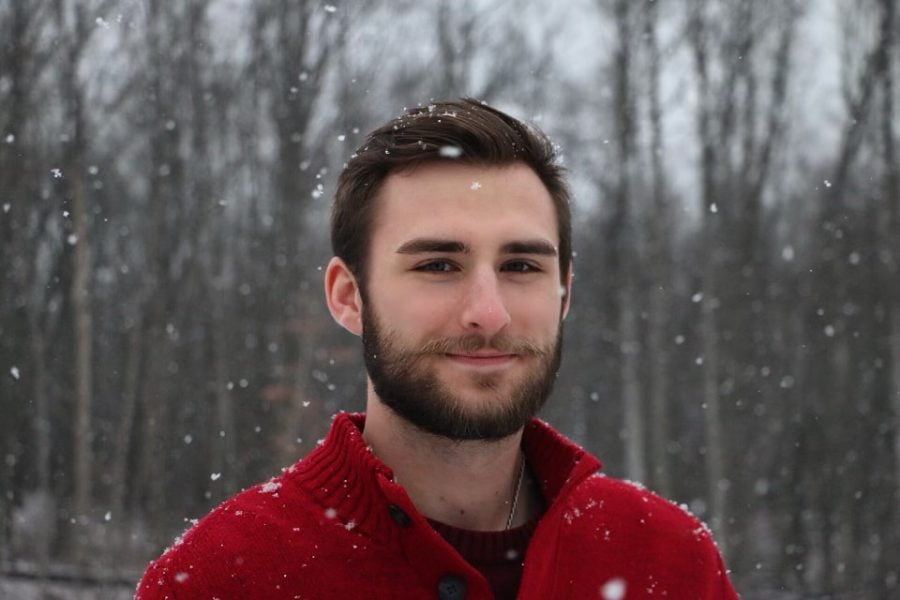
During his time at Tech, Ben served as vice president of Phi Kappa Tau, spent part of his research pathway studying grade estimation using dynamic anisotropy interpolation, and is graduating with a degree in mining engineering. Ben’s headed to Lexington, Kentucky after graduation, where he’ll work for RESPEC Engineering.
Brandon Howard
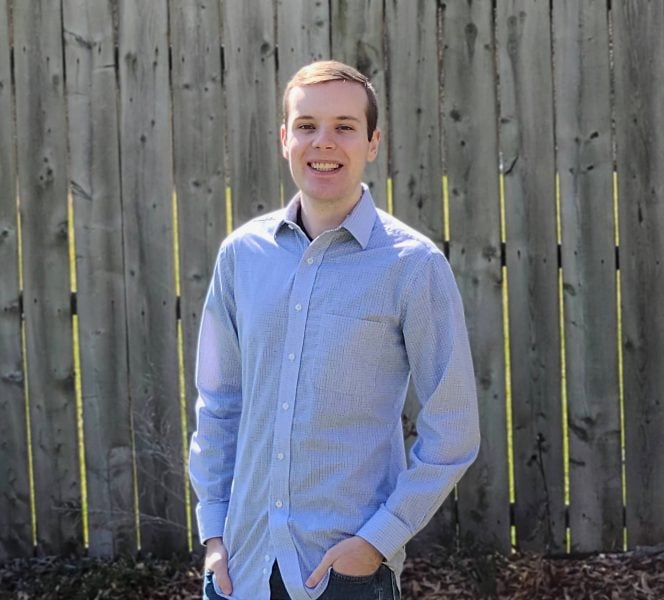
A mechanical engineer on the New Venture pathway, Brandon’s senior design team won first place in this year’s Design Expo, designing an N95-rated filtration system to be used with Stryker’s existing Flyte helmet and hood in order to protect surgeons against COVID-19 and other airborne viruses. Brandon also served as advertising chair for Film Board, and headed several student committees. Brandon is staying at Michigan Tech to work on a master’s degree in mechanical engineering, with a focus on sustainable design and manufacturing.
Chiarra Elkort-Wickboldt
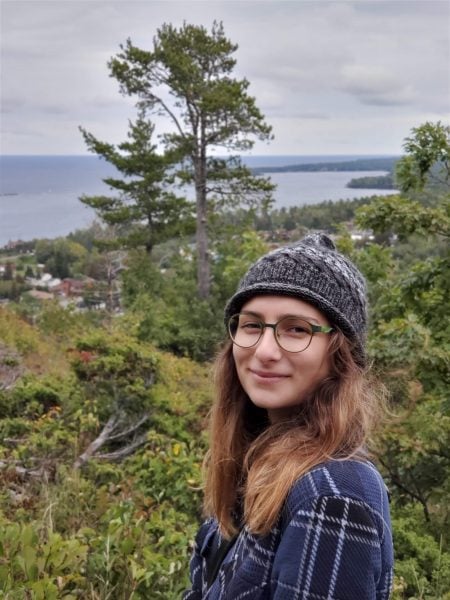
Chiarra graduated with a degree in environmental engineering. During her community engagement pathway, she earned a Peace Corps Prep certificate, mentored in the Young Women’s Leadership Program, worked with the Canterbury House Food Pantry and served as a learning facilitator for HON 1150. After graduation, Chiarra’s going to stay at Michigan Tech for a while longer to finish an accelerated master’s degree in environmental engineering.
Deanna Springgay
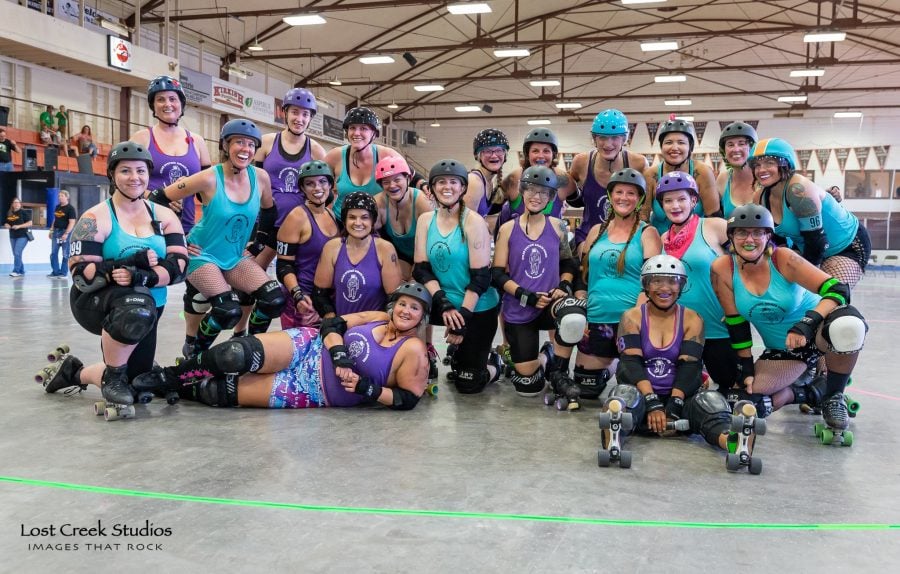
A statistics major, Deanna used her custom pathway to improve one of her favorite off-campus activities: she created a recording system for Keweenaw Roller Derby’s internal team development. She also served on the Pavlis Honors College’s undergraduate student advisory board and volunteered as a Pavlis peer mentor. After graduation, she’ll start working for Epic Software as a technical solutions engineer.
Harley Merkaj
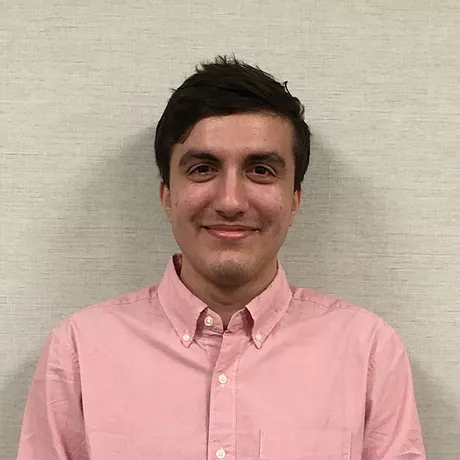
Harley graduated with a computer science major and a mathematics minor. As part of his leadership pathway, Harley created a ticketing portal for USG. The website gives all registered student organizations on campus a way to efficiently file forms with USG. He also served on the Diversity Council, the Networking and Computing Student Association, and on the Honors Ambassador team. Harley was also nominated for exceptional leadership in student governance. Harley plans to move to California after graduation.
Joseph Van Linn

Joseph graduated with a mechanical engineering major and a Spanish minor. On his research pathway, he’s done everything from presenting his research at the American Society of Mechanical Engineers International Mechanical Engineering Congress and Exposition virtually in November of 2020 to fighting forest fires in Oregon to a Study Abroad in Spain to giving back to Pavlis as one of our first peer mentors. After graduation, Josephy plans to go back to Oregon for another season of firefighting, and will then go to graduate school in the Netherlands.
Kaylee Meyers
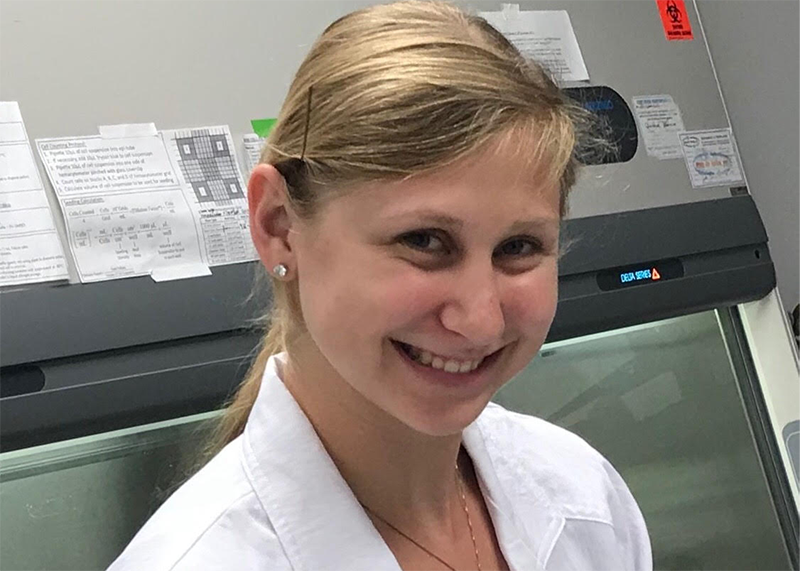
A biomedical engineering major, Goldwater Scholar, and winner of the 2019-2020 Provost’s Award, Kaylee is also a co-director and tutor for Tech Tutors (a free and virtual tutoring program developed in response to schools moving online due to COVID-19). On her research pathway, Kaylee studied ultrasound and tendon wound healing. After graduation, she’s headed to graduate school to work on translating biosensor medical research and technology to clinical settings.
Kenneth Shivers
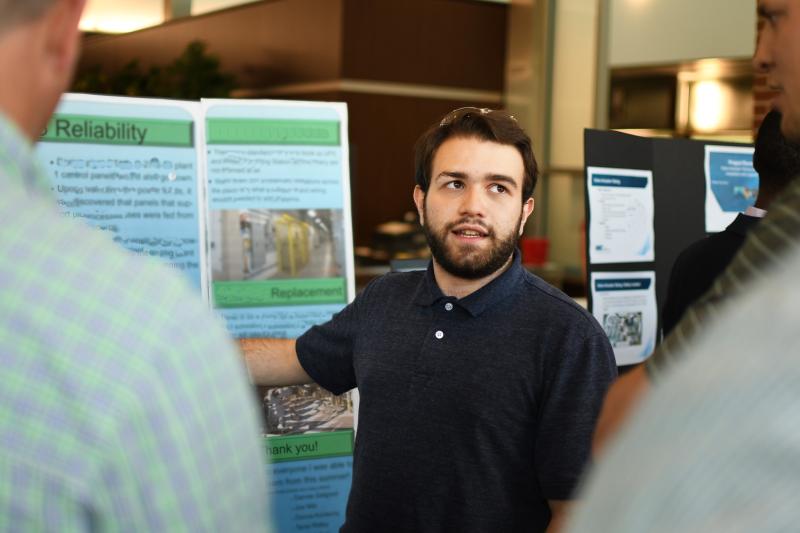
Kenneth earned dual degrees in computer and electrical engineering. On his enhanced Enterprise pathway, Kenneth served as a project manager for the Wireless Communication Enterprise and the Michigan Tech fall Hackathon. After graduation, Kenneth’s hoping to find a job as an embedded engineer in southeast Michigan.
Jake Grund
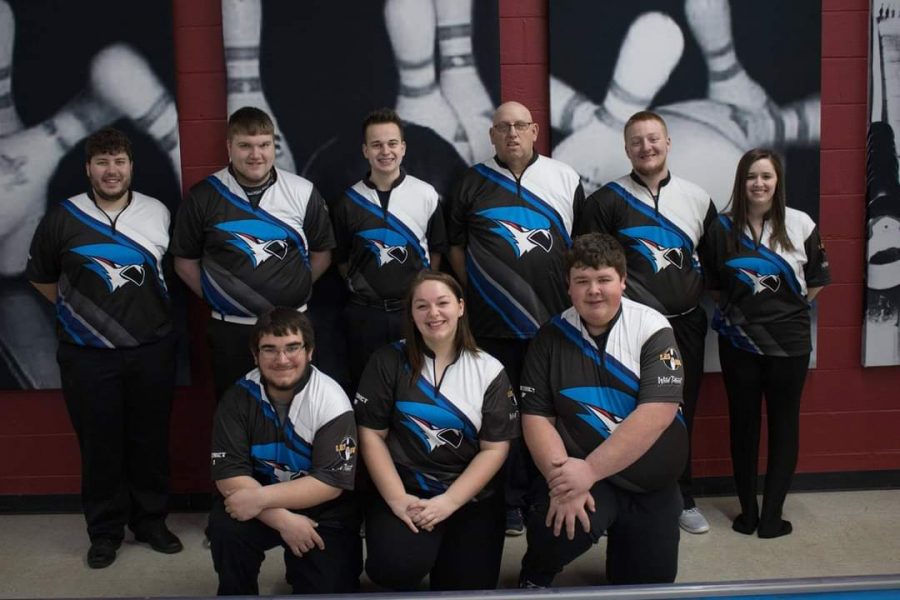
Mechanical engineering technology major Jake Grund is one of Pavlis’ first ETS-IMPRESS graduates. He’s also a fantastic bowler, and used his pathway to teach others the game through a coaching clinic and outreach to middle and high schoolers. After graduation, Jake plans to move closer to his hometown, volunteer, and continue bowling.
Lydia Savatsky
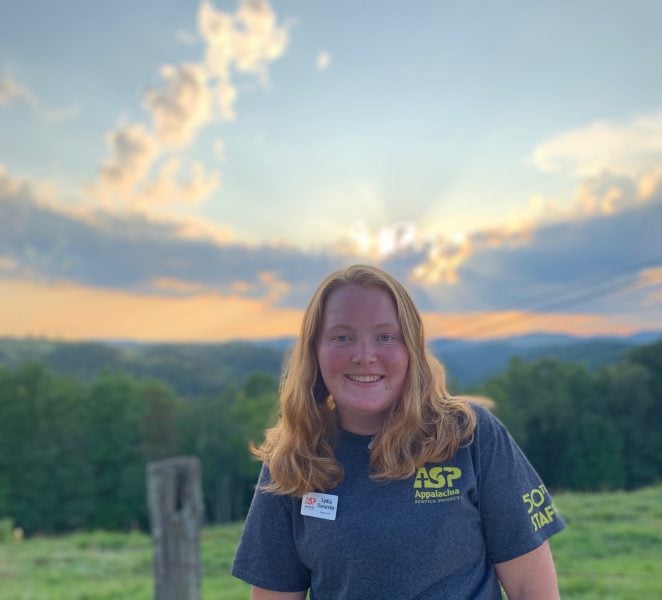
Lydia Savatsky majored in mathematics, minored in global community development partnerships, earned a Peace Corps Prep certificate, received the Dean of Students’ Award for Service (2020-2021), and completed a community engagement pathway for her honors program. On her pathway, Lydia did data analysis with the Appalachia Service Project, and mentored a young women’s leadership program. Lydia is off to the University of Minnesota to work towards a master’s degree in business analytics.
Lexi Steve
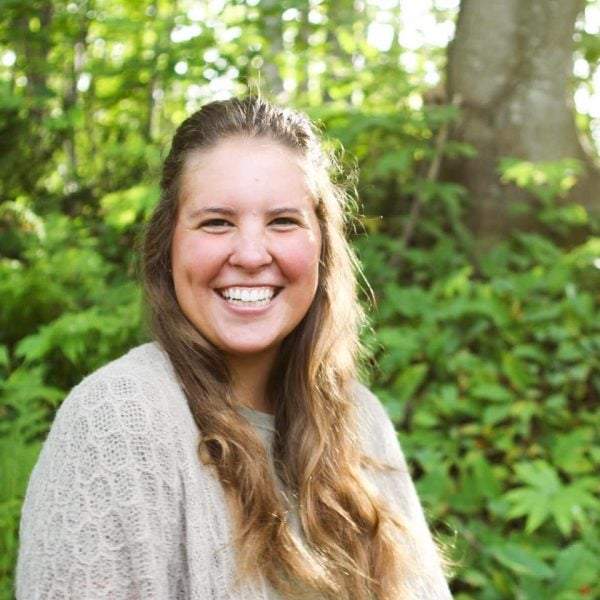
Lexi Steve graduated with a degree in mechanical engineering and a minor in Spanish. Lexi was a member of the Green Campus Enterprise, a founding member of Students for Sustainability, a resident of the Sustainability House, a University Innovation Fellow, a learning facilitator for HON 2150, and interned for Husky Innovate and IDEAhub. On her global and community engagement pathway, Lexi piloted a community project in Peru, hosting design workshops for afterschool teachers, community parents, and a local volunteer organization. What’s next for Lexi? “A few main options: convert a travel van, become a co-world renowned chef, mentor some kiddos in California, or build a greenhouse–nothing is set in stone, but the world is full of opportunities!”
Deanna Seil, who served as a Community Ambassador while at Michigan Tech, collaborated with the Keweenaw Bay Indian Community to develop a resource on shared governance for her community service work. The final product “Shared Governance and Stewardship: Rights and Responsibilities of the Keweenaw Bay Indian Community” is available here.

To follow COVID-19 safety protocols, the 2021 Undergraduate Research Symposium was held virtually and asynchronously. While we missed seeing our poster presenters in person, the virtual symposium gave us a chance to keep and display our students’ presentations.
2021 Winners
First Place: Ethan Burghardt, Biochemistry
“Characterization of Aqueous Two-Phase Extraction Systems for Virus Purification” working with Caryn Heldt (ChE)
Second Place (Tie): Ava Miller, Sustainability Science and Society
“Community Response to Renewable Energy Project Siting: A Case Student in L’Anse, MI” working with Richelle Winkler (SS)
Second Place (Tie): Lauren Spahn, Chemical Engineering
“Optimization of Lignin Precipitation with Functional Group Control for Use in Bio-Based Polyurethane Foams” working with Rebecca Ong (ChE)
Four students also received Honorable Mention:
- Justin Henderson, Mechanical Engineering, “Development of Furuta Inverted Pendulum Test Rig for Testing of Motor Dynamics and Capabilities” working with M.K. Park (ME-EM)
- Morgan Kline, Mechanical Engineering, “Optimization of Wave Energy Converters Through Neural Networks” working with Gordon Parker (ME-EM)
- Ellie Sempek, Biochemistry and Molecular Biology, “Analyzing the Hydrophobicity of Viruses: A Comparison of Adsorption Isotherms and Chromatography” working with Caryn Heldt (ChE)
- Jordan Zais, Biomedical Engineering, “Fibrin-Based Materials for the Modulation of Matrix Metalloproteinases in Tendon Repair” working with Rupak Rajachar, (BioMed)


